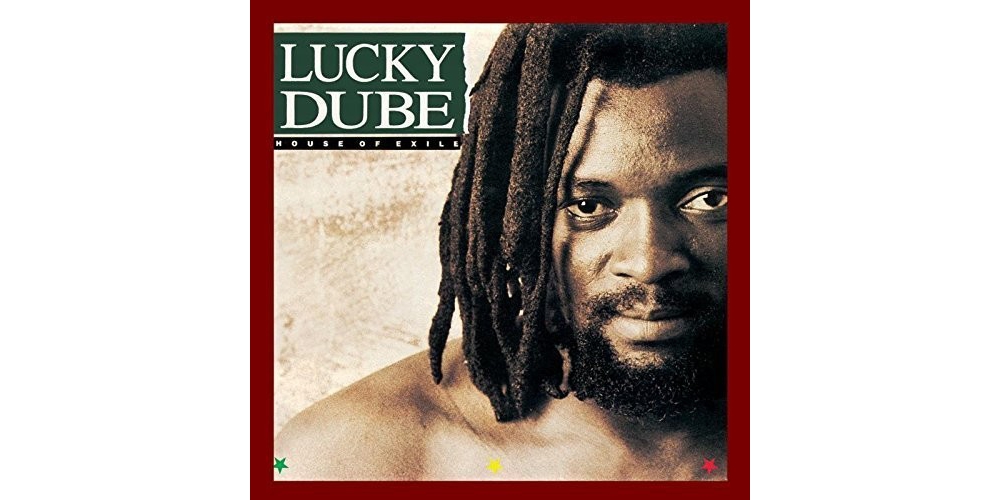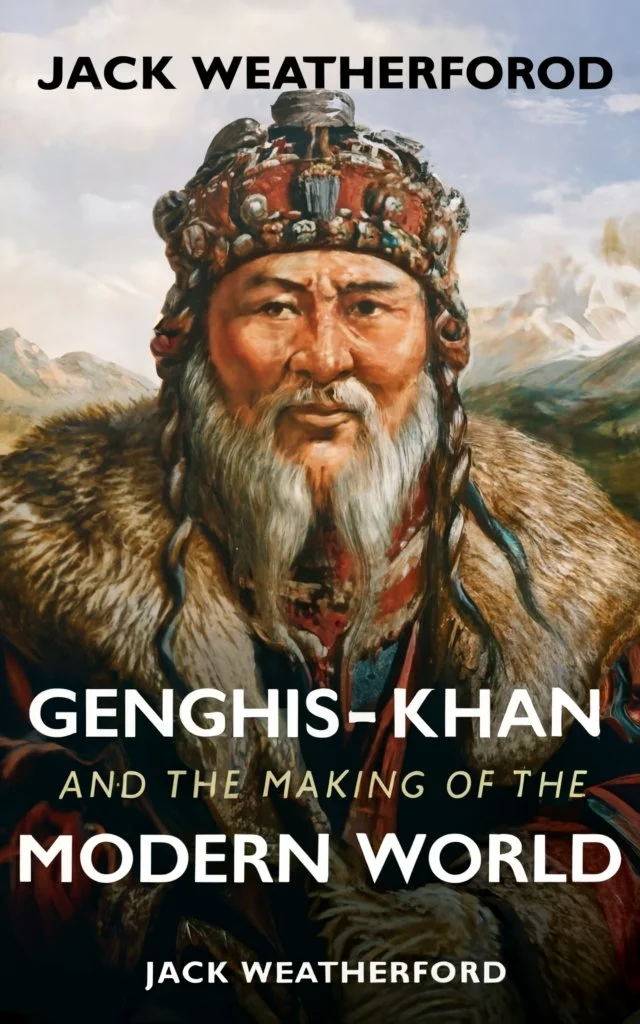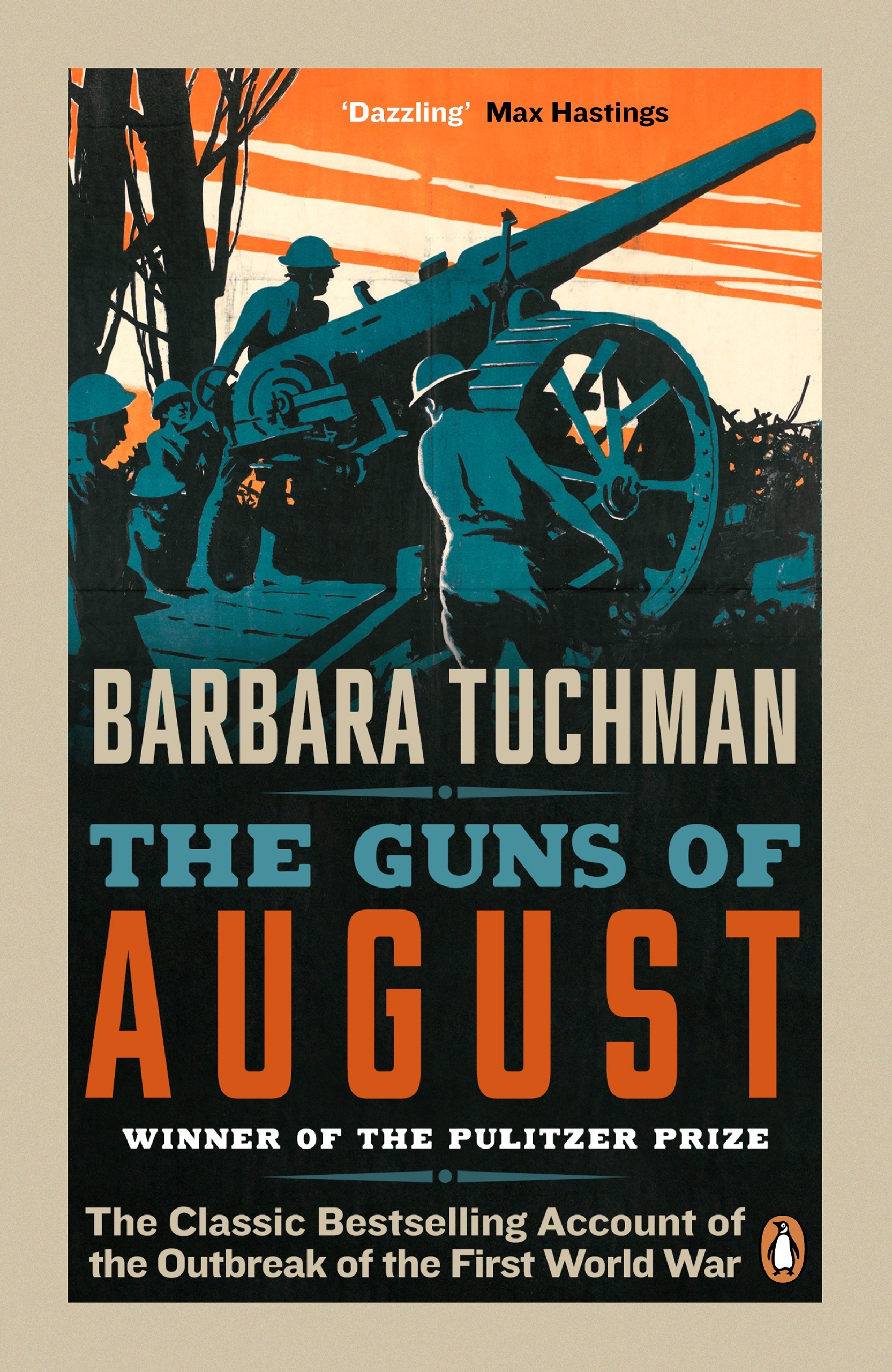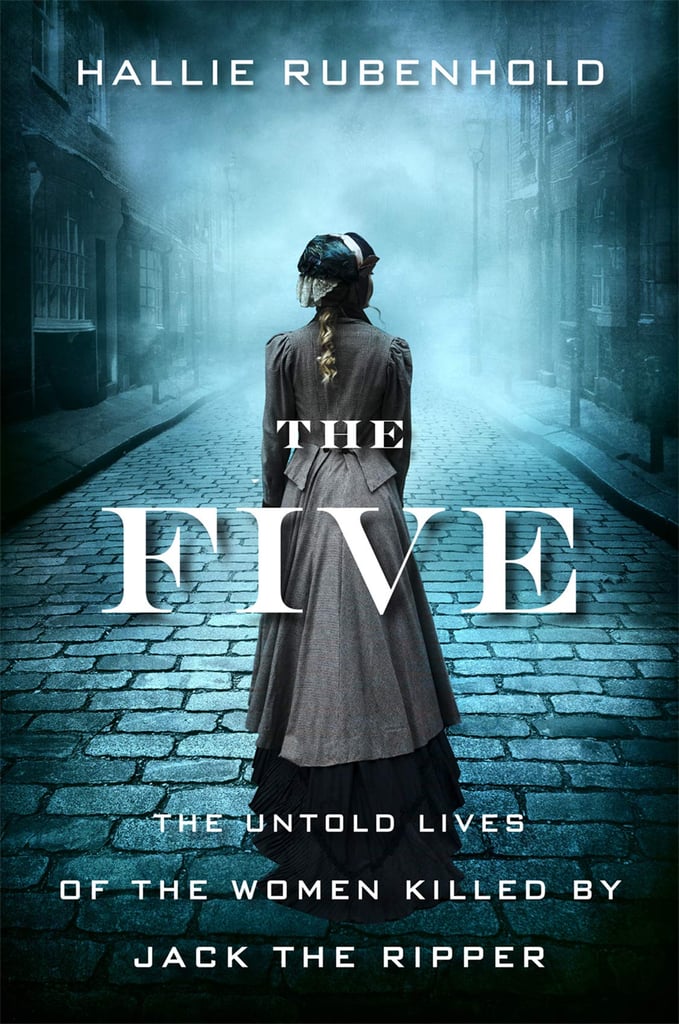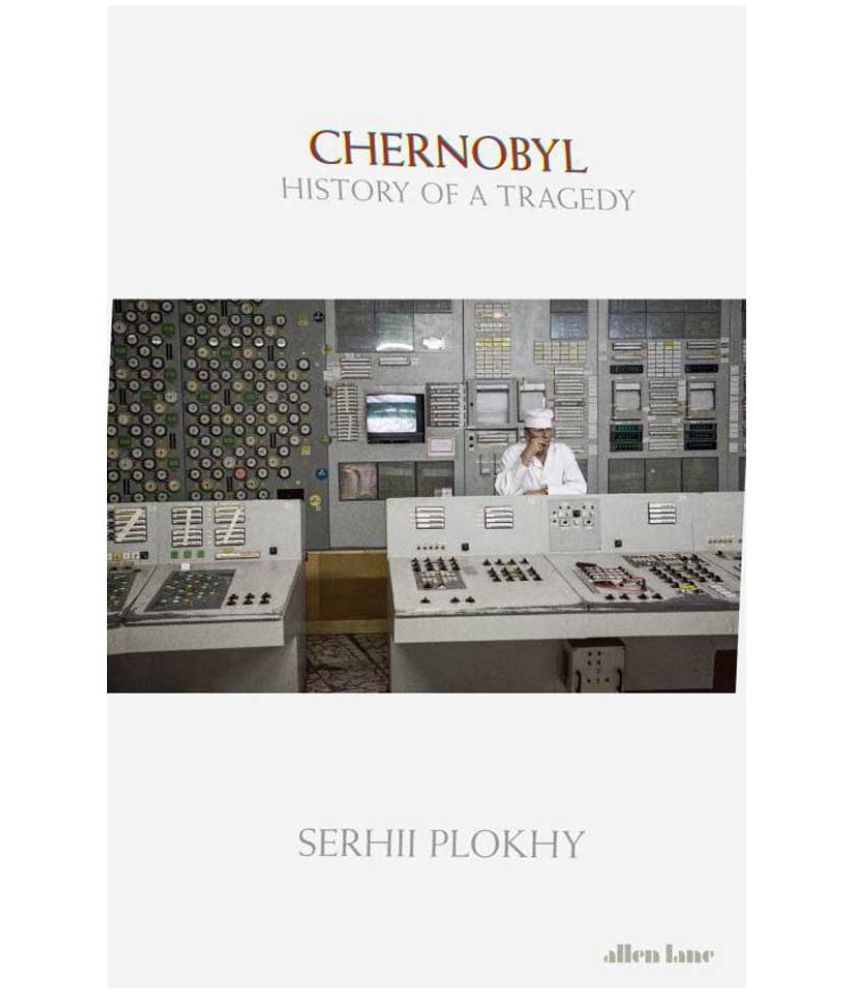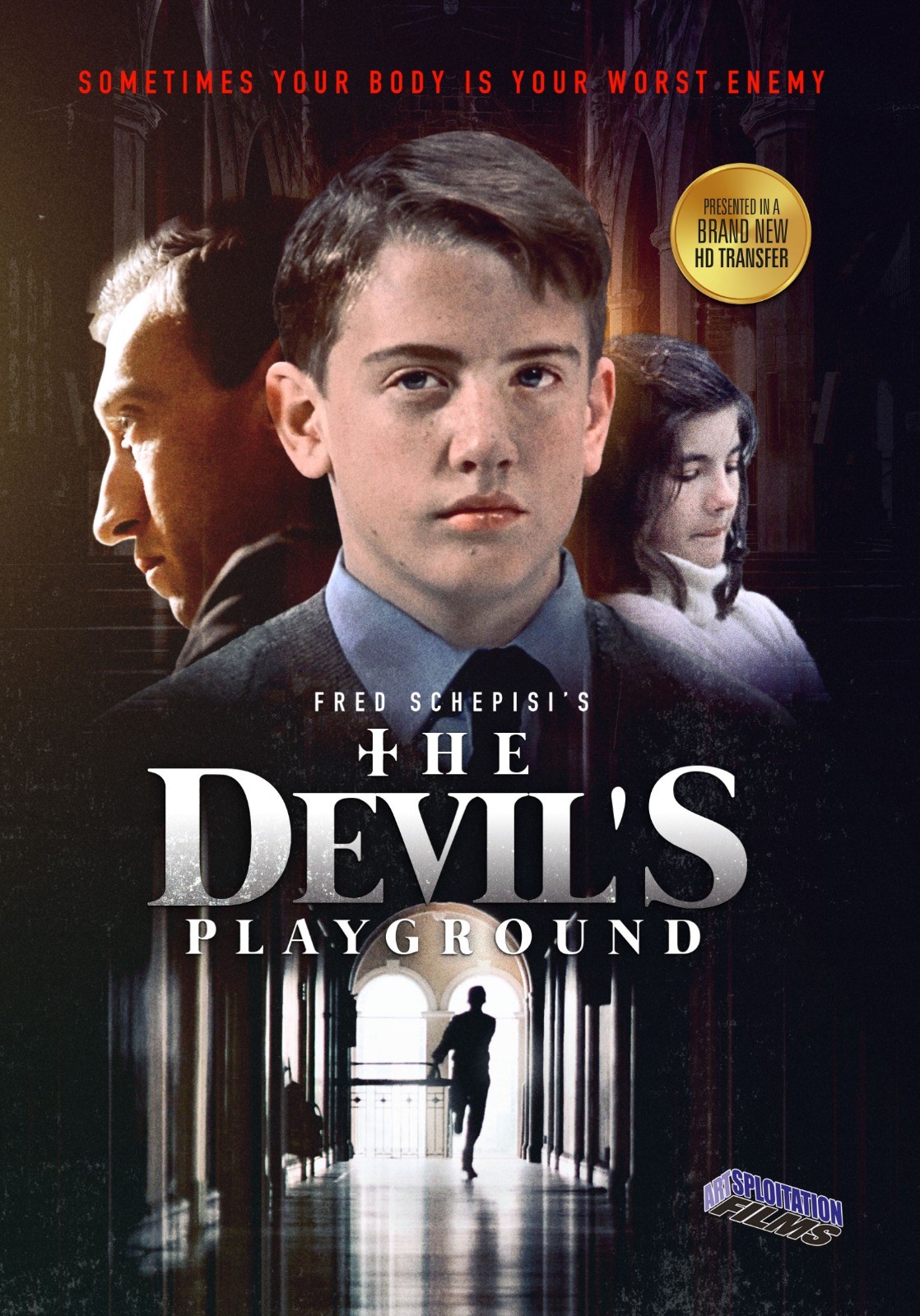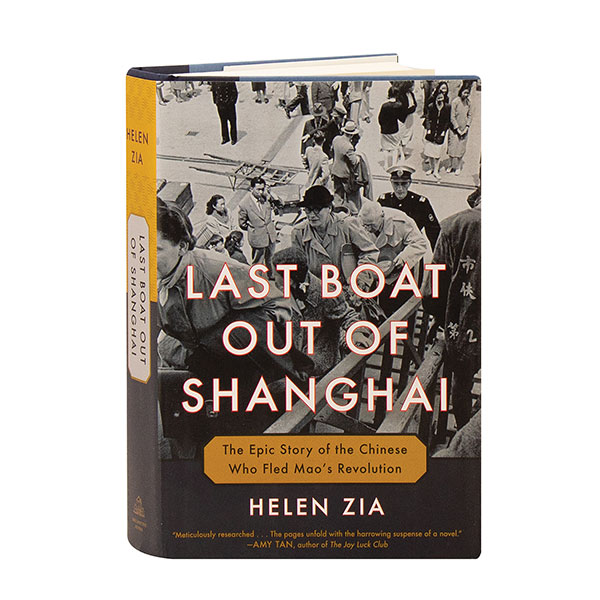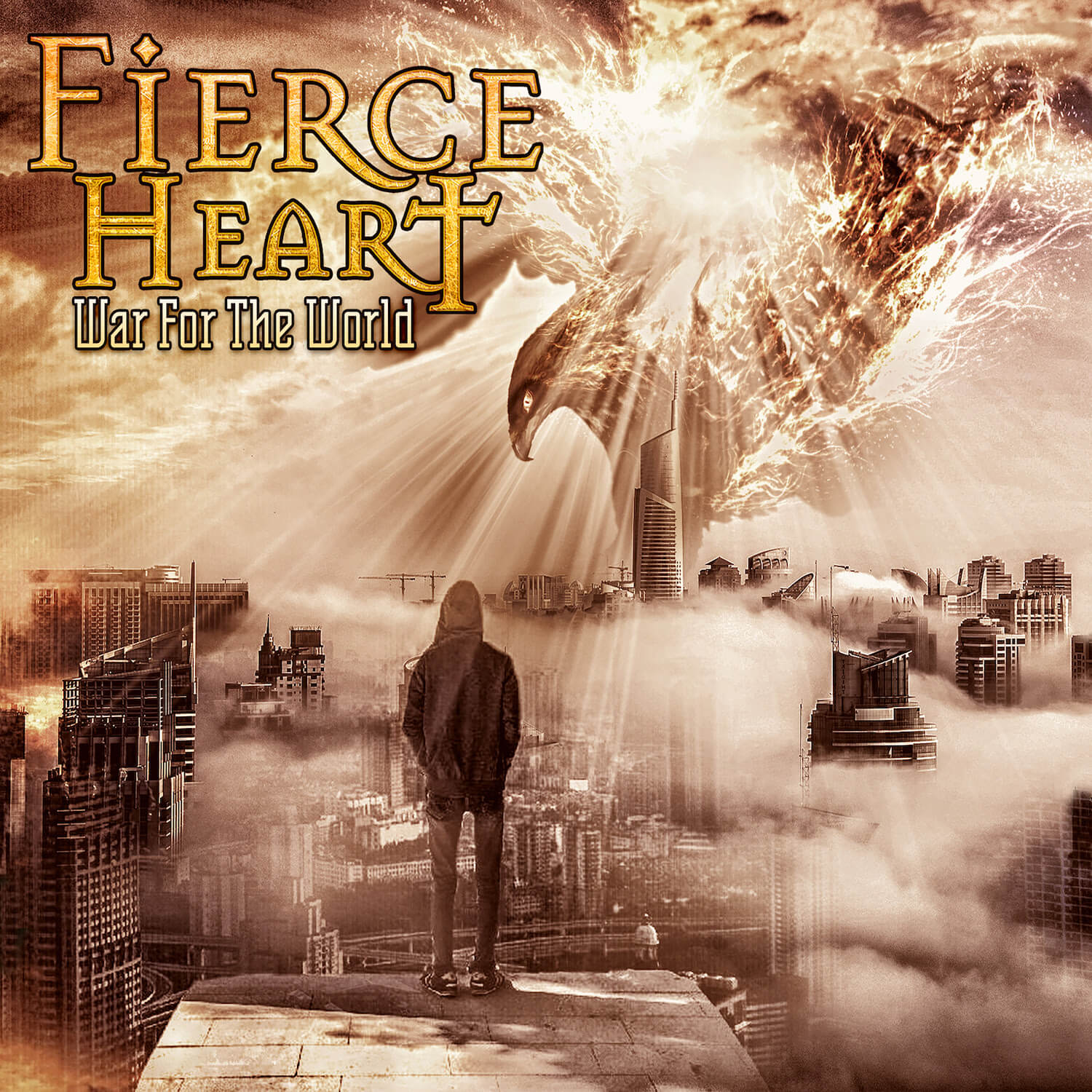A travelogue-history of Yugoslavia by Rebecca West, praised as a major literary masterpiece, offering deep insights during a turbulent historical context[1].
Peter Englund narrates the First World War through the personal experiences of twenty different people, blending history with narrative techniques typically used in fiction[1].
Evelyn Juers presents a collective biography centered around Heinrich Mann and other German avant-garde figures, exploring their lives during WWII[1].
Sven Linqvist provides an unconventional exploration of bombing practices, linking them to colonialism and moral implications during military conflicts, using a highly experimental format[1].
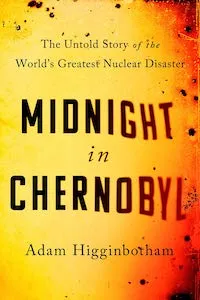
Adam Higginbotham recounts the 1986 Chernobyl disaster, drawing on interviews and archival research to reveal the human and systemic failures involved[2].
David Olusoga’s comprehensive examination of the racial history of Britain, emphasizing the contributions of Black Britons throughout history[2].
Jack Weatherford discusses how Genghis Khan’s conquests fundamentally shaped global civilization beyond typical narratives[2].
Isabel Wilkerson's Pulitzer Prize-winning work details the Great Migration of African Americans, weaving together personal stories to highlight its impact on America[6].
Rebecca Skloot explores the ethical ramifications of Henrietta Lacks’s cells used in research, intertwining personal and societal narratives[6].
Barbara Tuchman’s Pulitzer Prize-winning narrative on the origins of World War I, dissecting political maneuvers and military alliances leading to the conflict[6].
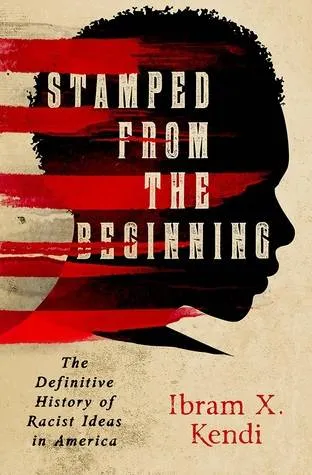
Ibram X. Kendi presents a thorough account of racism in America through the histories of key figures, analyzing the evolution of race relations[2].
Erik Larson tells the intertwined stories of the Chicago World’s Fair and a serial killer during that time, showcasing the era’s contrast between progress and horror[6].
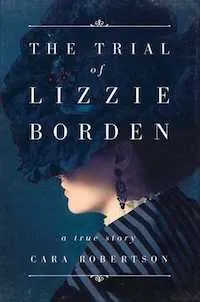
Cara Robertson’s thorough investigation into the infamous Lizzie Borden case, uncovering the social themes surrounding the murders[2].
Hallie Rubenhold shifts the focus from the killer to the lives of the victims, providing rich context about their stories and struggles[4].
Serhii Plokhy examines the events surrounding the Chernobyl disaster, providing an in-depth account of its impact on the world[4].

Margot Lee Shetterly presents the previously untold story of African-American women mathematicians at NASA, highlighting their contributions to the space race[4].
The women losing their beauty in the dust of death after the Manson Family murders, from which a captivating insight into the era emerges, explored through crime and cultural narrative[5].
NAM Rodger's detailed account of the evolution of the British Navy and its pivotal role in shaping a naval empire[5].
Brendan Wenzel’s unique perspective on animals and perception, reflecting diverse artistic interpretations through a historical lens of how we view the world through various perspectives[6].
Daniel James Brown tells the inspirational true story of the University of Washington rowing team that competed in the 1936 Olympics amidst the backdrop of the Great Depression[6].
Helen Zia recounts true stories of individuals during the exodus of Shanghai, shedding light on their struggles amid historical upheaval[6].
Edoardo Albert’s exploration into the complexities of historical narratives during pivotal moments, exposing the moral dilemmas within[8].
:max_bytes(150000):strip_icc():format(webp)/TQG_104_Unit_00367RC-d6f1492ef8d64a8f824c60f674962e8f.jpg)
Walter Tevis’s novel that defies traditional narratives, delivering a compelling story of ambition and strategy against a backdrop of 20th-century American culture[8].
Get more accurate answers with Super Pandi, upload files, personalized discovery feed, save searches and contribute to the PandiPedia.
Let's look at alternatives:
- Modify the query.
- Start a new thread.
- Remove sources (if manually added).





